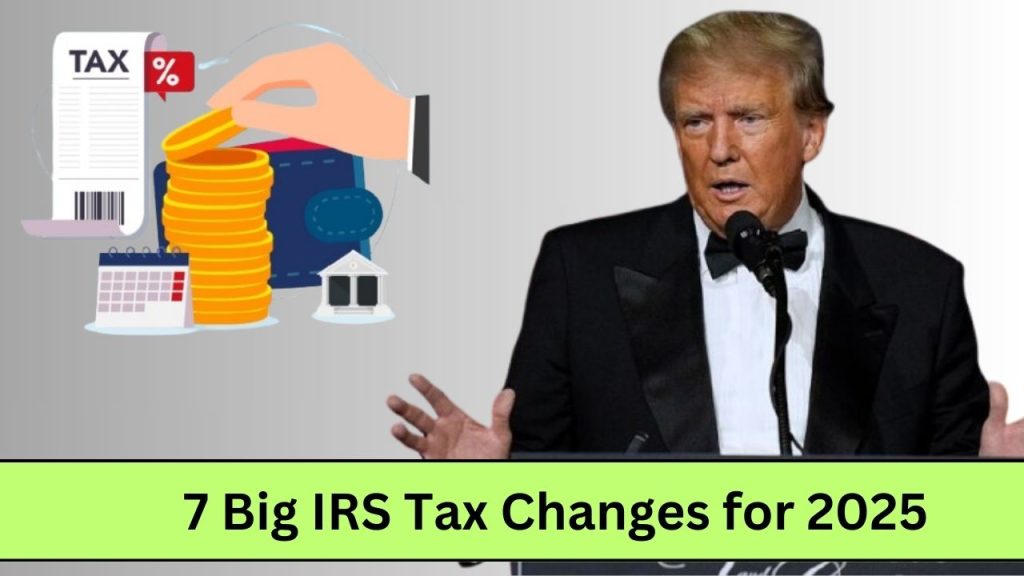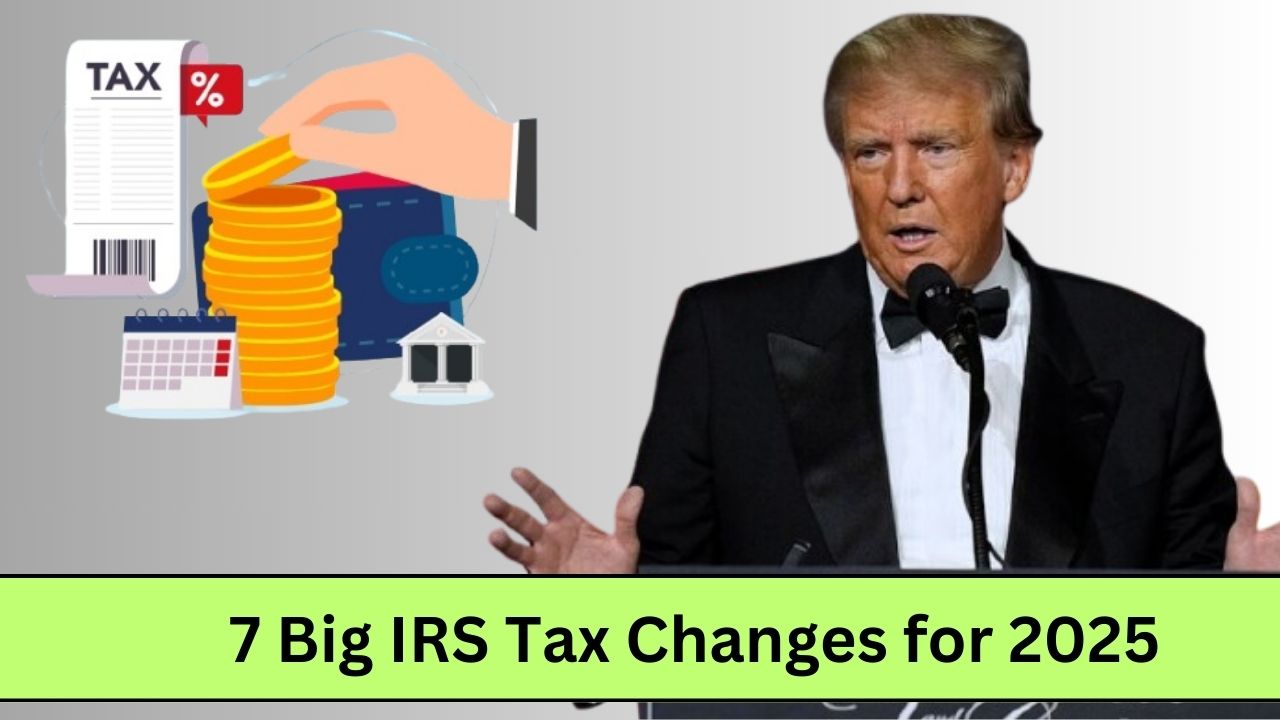As 2025 approaches, it’s time to review key changes the IRS has announced for taxpayers. The adjustments may impact deductions, credits, and the way income is taxed, so staying informed is essential. Let’s break down each update for simple understanding.
1. Higher Tax Brackets
The IRS adjusts tax brackets yearly for inflation, which helps taxpayers avoid “bracket creep” (paying more due to inflation). For 2025, income thresholds for each tax bracket will rise by about 2.8%. For example, single filers’ income up to $11,925 will now be taxed at 10%, up from $11,600 in 2024. This change means you may keep more of your money in a lower tax bracket, depending on your income.
2. Standard Deduction Increase
Good news! The standard deduction is increasing, giving taxpayers a bit more untaxed income. For 2025, single filers can claim a $15,000 standard deduction (up from $14,600), while married couples filing jointly can deduct $30,000, up from $29,200 in 2024. This increase can help lower your taxable income further.
3. Earned Income Tax Credit (EITC) Boost
Families earning lower to moderate incomes may benefit from a higher Earned Income Tax Credit (EITC) in 2025. The income limits and credit amounts will rise slightly, allowing more families to qualify and claim higher credits. For instance, families with three or more children may see an increase in the maximum credit.
4. Higher Contribution Limits for Retirement Accounts
If you’re contributing to retirement savings, there’s great news for 2025. The IRS has raised limits on contributions to accounts like 401(k)s and IRAs. For example, the 401(k) limit will increase by $500 to a total of $23,000, while the IRA limit rises to $7,000 for those under 50 and $8,500 for those aged 50 and older. These changes mean you can save more, tax-free, toward your retirement.
5. Child Tax Credit Update
The Child Tax Credit will stay at $2,000 per qualifying child for 2025, with some inflation adjustments to income phaseouts. This means families may need slightly higher incomes before the credit amount starts to phase out. This adjustment aims to help more families benefit from this credit without losing out due to minor income increases.
6. Gift and Estate Tax Adjustments
For those planning to gift or inherit, the IRS has raised the estate tax exemption and the annual gift exclusion limit. In 2025, the estate tax exemption will rise, and individuals can gift up to $18,000 per person, an increase from the $17,000 limit in 2024. This change allows people to transfer wealth with less tax impact.
7. Health Savings Accounts (HSA) Limits
Contributions to Health Savings Accounts (HSAs) will also see an increase in 2025. If you’re on a high-deductible health plan, you can contribute up to $4,100 for individual coverage or $8,200 for family coverage, giving you more tax-free options for healthcare expenses.

Summary of 2025 IRS Tax Changes
| Tax Area | 2024 Limit/Threshold | 2025 Limit/Threshold |
|---|---|---|
| Tax Brackets | Adjusted for inflation | ~2.8% increase |
| Standard Deduction (Single) | $14,600 | $15,000 |
| Standard Deduction (Married) | $29,200 | $30,000 |
| 401(k) Contribution Limit | $22,500 | $23,000 |
| Child Tax Credit | $2,000 per child | $2,000 (phaseouts adjusted) |
| Annual Gift Limit | $17,000 | $18,000 |
| HSA Contribution (Family) | $7,750 | $8,200 |
FAQs
1. How will the 2025 tax changes affect me?
The updates to brackets, deductions, and credits are designed to help taxpayers keep up with inflation, so you may see a slightly lower tax burden, especially if your income is steady.
2. Are retirement contribution limits changing in 2025?
Yes, 401(k) and IRA contribution limits are rising, allowing you to save more pre-tax income for retirement.
3. Why does the IRS adjust tax brackets each year?
The IRS adjusts brackets to counteract inflation. These adjustments help keep wages in appropriate tax brackets, so taxpayers don’t pay more taxes on the same real income.
These IRS updates may be modest, but understanding how they work can help you keep more money in your pocket. Consider speaking with a tax professional to see how these changes could impact your tax filing in 2026.
I Work as a Content Writer and I like Writing Articles




